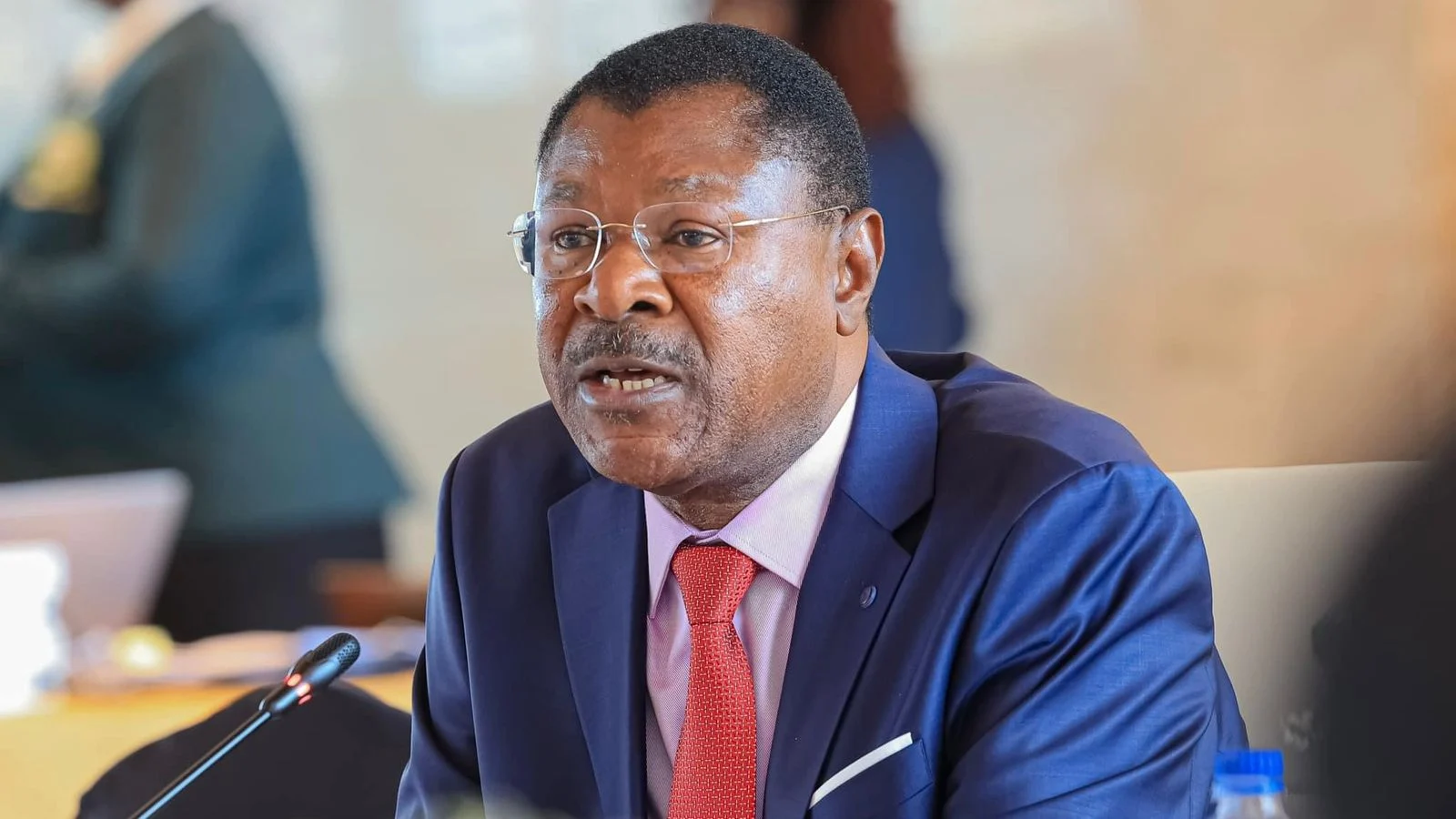

National Assembly Speaker Moses Wetang’ula has raised concerns over conservatory orders by judges against the National Assembly.
The Speaker claims the orders sometimes disrupt the legislative process.
He was speaking in Mombasa during a leadership retreat attended by Chief Justice Martha Koome and top judicial officers.
Wetang’ula noted that several matters before committees and the House have been halted due to such orders.
“This is a matter that needs to be addressed by the Judiciary urgently,” he said, adding that some hearings are pushed up to six months ahead, adversely affecting the progress of legislation.
The Speaker also urged the Judiciary to centralise cases filed against Parliament in Nairobi, where the institution is domiciled.
He argued that such a move would cut costs and enable Parliament’s legal team to respond more effectively.
“Currently, our lawyers are forced to travel to up-country courts, only to find magistrates on leave or transferred along with files.”
Wetang’ula assured the Chief Justice of Parliament’s support in enhancing its budget.
He acknowledged that the Judiciary’s requests were justified, particularly in light of its ambitious programme to expand access to justice.
Speaking at the same function, Koome revealed that the Judiciary plans to establish magistrate courts in all 290 constituencies. Only 143 constituencies are covered.
The CJ decried underfunding that has slowed efforts to have courts in the constituencies.
“The Judiciary requires enhanced allocations for infrastructure development. This will ensure equitable access to justice across the country,” she stated.
Koome emphasised that cooperation between the Judiciary and Legislature does not erode institutional independence.
“This conversation is long overdue. Had we convened earlier, some misunderstandings and instances of working at cross purposes might have been avoided,” she said.
She added that the principle of separation of powers secures checks and balances that must be exercised in a spirit of constructive engagement.
“Institutional comity does not erode independence. There is a difference between institutional independence and decisional independence. While institutions may engage, decisional independence remains sacrosanct.”
National Assembly Clerk Samuel Njoroge also called for enhanced knowledge sharing between Parliament and the Judiciary through their respective training institutions, the Centre for Parliamentary Studies and Training and the Kenya Judiciary Academy.
“Collaboration between our institutions of learning will strengthen capacity-building and reinforce professional growth for our officers,” he said.

















